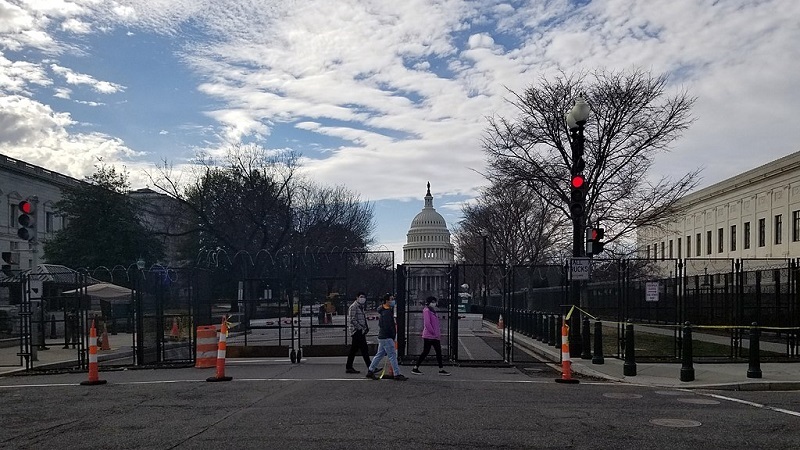Not long ago, two individuals pled guilty in Texas to selling illegal immigrants admission into a fake Indian tribe so that they could obtain residency in the U.S. According to federal prosecutors, the duo sold naturalization certificates, identification cards, and driver’s licenses for the non-recognized tribe with promises that the documents would allow them to remain in the country.
The courts settled this case of fraud. However, Congress is now weighing passing a new bill, the Lumbee Recognition Act, that could create a precedent that enables politically well-connected groups throughout the country to obtain the same sovereign powers as authentic Native American Tribes — including the ability to offer a path to citizenship for illegal immigrants — while providing little or no proof of their native claims.
The legislation would unilaterally extend federal acknowledgment as an official Tribe to a North Carolina group (“the Lumbees”) even though at least 40 tribes oppose the bill and challenge the validity of the group’s claims.
While Congress has the power to grant federal recognition, it isn’t always a good idea from them to exercise it. Cases in which controversy exists over tribal ancestry are supposed to run through the Department of Interior, which houses historians and genealogists equipped to investigate complex historical claims. However, the Lumbees, which have claimed to be members of multiple different tribes over the years, refuse to go through the DOI process. Critics have cited this avoidance of scrutiny in accusing the group of identity shopping to receive federal recognition.
Allowing groups such as the Lumbee to acquire the authority and rights of federal recognition without authentication would open up a can of worms. For Native Americans, it would mean a significant threat to culture and identity. For American taxpayers, it would mean an explosion in federal funding to potential fraudsters. And here in Texas, it could mean another round of immigration fraud along with a host of other possible abuses.
For example, Texas “tribes” that obtain federal recognition would immediately receive the authority to operate casinos.
All federally recognized tribes can run class II gaming operations in Texas. Given the Lone Star State’s strict laws against gaming and its residents’ long-time sensitivity to the placement of casinos within their communities, it’s clear that the last thing they want are unscrupulous casino interests obtaining recognition to create casinos. However, it’s not far-fetched to imagine groups that don’t have to prove any ancestry to received federal recognition doing just this. In fact, the Lumbees have already admitted they’re perfectly situated to construct a casino, and if they succeed in their quest for recognition, they will blaze a path for others to follow.
Obtaining federal recognition would also allow Texas “tribes” to unfairly receive preferential treatment in federal contracting and hiring decisions.
A 2019 investigation from the Los Angeles Times found that the use of false ancestry claims is already a national problem that every level of government is investigating. The paper uncovered that over $300 million in government contracts went to companies with unsubstantiated Native ancestry claims. One of them was AFCO Technologies Inc., a Texas company that received approximately $90 million in taxpayer funds.
While it’s clear that this problem is already putting many businesses at an unfair disadvantage, imagine how much worse the issue will get if any group with the right political connections can gain access to such set-asides. Fraudulent groups would profit while authentic Native Americans, hometown companies, and taxpayers are all left holding the bag.
It’s astounding that Congress would even consider this bill in an era where discussions of cultural appropriations, identity politics, and justice are so dominant. But then Congress seems to become more paradoxical each day.
Republican Sens. John Cornyn and Ted Cruz have been two of the most vital voices for common sense and reason across all manner of policy insanities. They would be well served to take up the mantle and convince as many of their colleagues as they can to reject this bill, which threatens Texas’ existing tribes, families, taxpayers, and small businesses in more ways than one.
Matt Mackowiak is an Austin and Washington, D.C.-based political and communications consultant and President of Potomac Strategy Group, LLC. He has served in senior roles for two U.S. Senators and a Governor and in the Bush administration.

